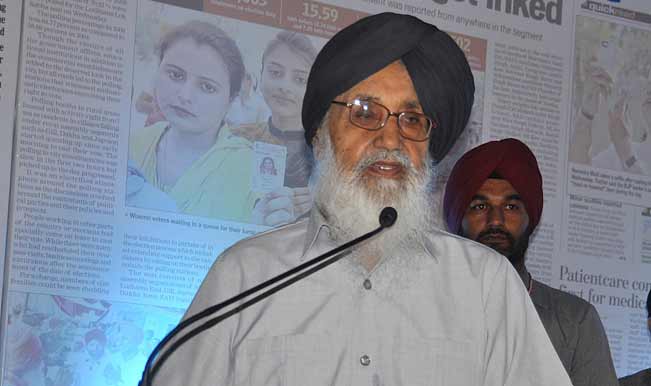NewZNew (Panchkula) : As many as 100 members of Ladies Club, Panchkula attended a Max Super Specialty Hospital (MSSH), Mohali interactive session on Gastrointestinal (GI) disorders at Hotel Solitaire, Manimajra today.
Speaking during occasion, Dr. Nikhil Nadkarni, Sr. Consultant-Gastroenterology, MSSH said that due to hormonal differences between men and women, the latter experienced constipation or looser bowel movements around their “menstrual cycle”. Bowel movements and digestive problems were related to diet, stress, activity levels.
Talking about GI disorders, Dr. Nadkarni said that during adolescence the premenstrual syndrome (PMS) could be associated with digestive issues like gas, bloating, and general gastrointestinal discomfort. Pregnancy was fairly associated with heartburn, nausea or vomiting. As the uterus grew, it produced pressure in the abdomen, which pushed stomach up producing heartburn.
“Bowel movement changes were also common especially painful constipation. As your hormones would shift again during menopause, one might endure a series of digestive health changes, including gas, bloating, and shifts in your bowel movements. These could be complicated by the use of hormone replacement therapy. With aging, gastrointestinal malignancies especially colon cancer could be a risk factor.”
Dr. Nadkarni advised that for managing digestive issues, women should maintain a healthy weight, eat a balanced diet which included lots of fluids and fiber; eat probiotic-rich foods with “healthy” bacteria and stay active.
He further said that abdominal obesity has a direct impact on GI disorders. Research has shown that one in four women in urban India and every eighth woman in rural India were suffering from high cholesterol. Despite that, 48% of urban women and 44% of rural women would lead a sedentary lifestyle. The prevalence of abdominal obesity was on the rise especially due to westernization of dietary habits. Fast foods were replacing our traditional cuisine and this was leading to reflux diseases, gall stones, pancreatitis, GI cancers all risks increase with obesity, he asserted.









